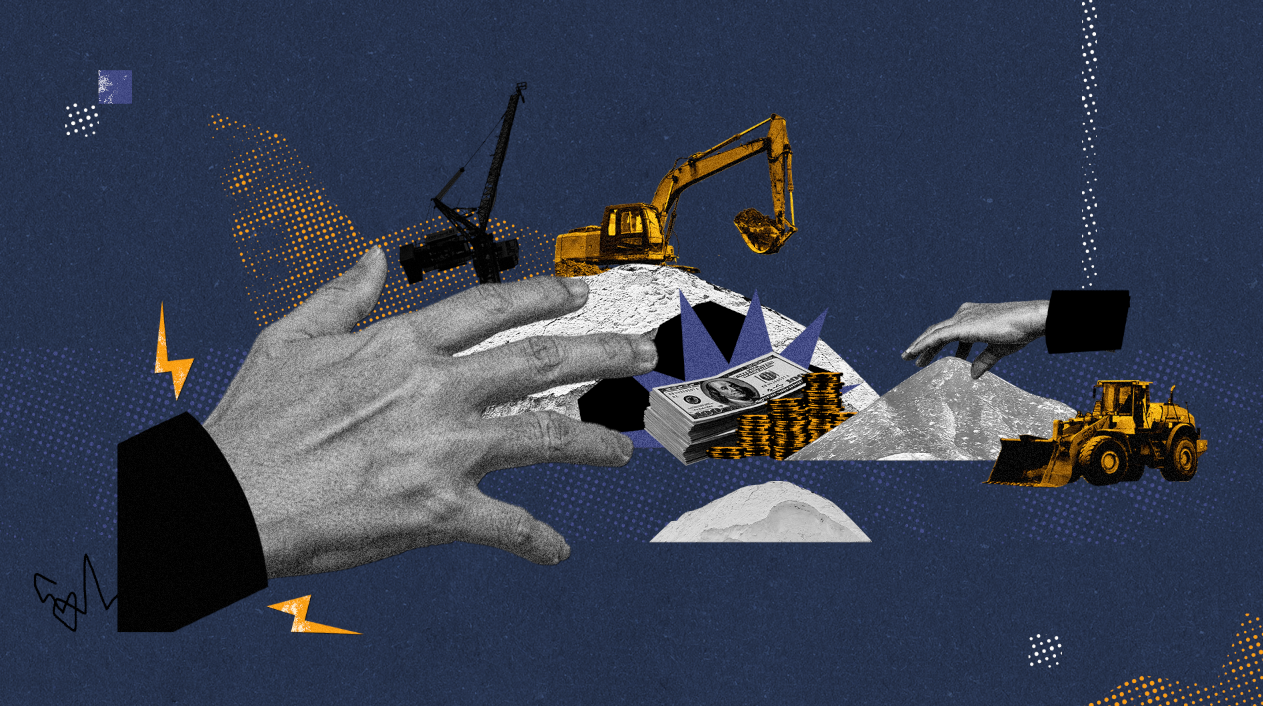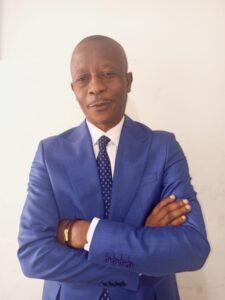Transition minerals could transform the DRC, but local communities must have their say
Blog

This op-ed has first been published on November 13, 2022 in the Independent – Uganda
Transition minerals could transform the Democratic Republic of Congo, but local communities must have their say, writes Jean-Claude Katende, National Coordinator of Publish What You Pay Democratic Republic of Congo.
Congo’s natural resources have been plundered at a terrible cost to its people since the murderous colonial rule of Belgium and Leopold II that began in the 19th century.
For nearly 150 years, extreme violence and corruption have cast a shadow over the extraction of our rubber, ivory, gold, timber and diamonds. The agents of this damage have been both domestic and foreign. Meanwhile, most Congolese people have not seen the social and economic benefits of our natural wealth, and instead languish in poverty.
Now the Democratic Republic of Congo’s (DRC’s) minerals are being coveted as a means of helping propel the world towards a clean energy future.
The world urgently needs to decarbonise to halt climate chaos and ensure our planet remains liveable. To do this, there will need to be an estimated sixfold increase in the production of minerals such as cobalt, lithium, nickel and copper, which are required to help produce, transport, store and use electricity produced by cleaner sources such as wind and sun.
The DRC – and other parts of Africa – which hold vast reserves of these transition minerals will be key.
A springboard for development?
Cobalt is one of the world’s most sought after minerals – it is a key component in the lithium-ion batteries which notably power electric vehicles (EVs).
The DRC is by far the world’s biggest cobalt producer: in 2020, just four mines in the DRC produced 41 percent of the global cobalt supply, while Africa holds 19 per cent of the global reserves of metals required to make a standard battery-powered electric vehicle.
The current boom in transition minerals is only going to accelerate.
The World Bank has found that the production of minerals such as cobalt could increase by nearly 500 percent to meet the demand for cleaner energy technologies – and the DRC’s untapped deposits of raw minerals are worth more than US $24 trillion, according to research by Michigan State University.
If used well, this wealth could be the springboard to developing our country, and giving our citizens the social services they desperately need: clean water, electricity, good roads, schools, health care and economic security.
But at the moment this is far from happening.
Mineral exploitation is still benefitting the ruling class and corporations at the expense of ordinary citizens. Extraction is still plagued by corruption, poor governance, human rights and environmental violations. If this continues, it will not bring real transformation either to the DRC, or to Africa: just more of the misery that has so long accompanied the exploitation of our natural resources.
Widespread abuses
This is already happening. In Lualaba and Haut-Katanga – the two southern provinces which are the heartland of the DRC’s cobalt and copper mining industries – human rights abuses and environmental destruction are rife, while local people have been largely excluded from the profits and employment opportunities generated by the influx of international mining companies.
The US Department of Labour has estimated that around 35,000 children work in the DRC’s cobalt mines, mostly in artisanal and small-scale mines, where people who are not officially employed by mining companies gather minerals in often deplorable conditions and sell them to middlemen on open markets. Artisanal miners and other local residents have suffered violence and even death at the hands of security forces for encroaching on industrial mining sites.
Yet there is growing pressure from around the world for this to change – and to ensure that the scramble to extract minerals used in cleaner energy technologies does not replicate past errors by trampling on human rights and destroying local environments.
Momentum for change
This month, 250 civil society organisations from 62 different countries called on world leaders attending the COP27 climate summit in Egypt to initiate a real shift in the way minerals are extracted and used, and to look at solutions that will reduce dependence on mining.
These organisations, which include the Publish What You Pay (PWYP) DRC coalition, work in various fields – from environment to human rights and anti-corruption – and represent marginalised groups, such as local communities, women and young people.
Central to our demands is that communities around the world affected by mining are meaningfully consulted and participate in any decisions affecting their lives; that they have the right to withhold their consent to mining; and that minerals are only extracted under the most rigorous international human rights and environmental standards.
We also need to ensure that frontline communities see benefits from mining. Revenues must be allocated to sustainable development projects that enable economic diversification. In the DRC, the system for collecting and allocating those revenues should be digitised, and the capacity of local agents in charge of implementing local community development plans, should be strengthened.
Anti-corruption and strengthened governance as prerequisites
It is vital that the transition minerals market is well-regulated, transparent, just and equitable.
But to make this a reality, there will have to be a fierce fight against corruption and embezzlement, led by a stronger, more proactive and impartial justice system.
An essential way of purging corruption and strengthening governance in the sector is through the comprehensive disclosure of mining contracts. The DRC itself, as an Extractive Industries Transparency Initiative member, is required to do so.
We must write a new chapter in the history of natural resource extraction in the DRC and Africa more widely: one which enables our societies to be positively transformed by transition minerals, and the fight to end the climate crisis that we on the continent did so little to create.

An ardent defender of human rights, Jean-Claude Katende has been a long-time advocate for transparency and good governance of the extractive industries. He is the National Coordinator of PWYP DRC, Chair of the African Association of Human Rights (ASADHO) and Vice-President of the International Federation for Human Rights (FIDH).